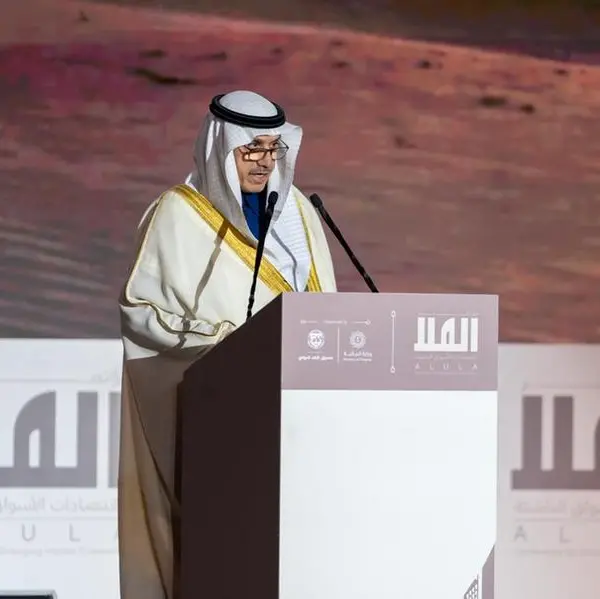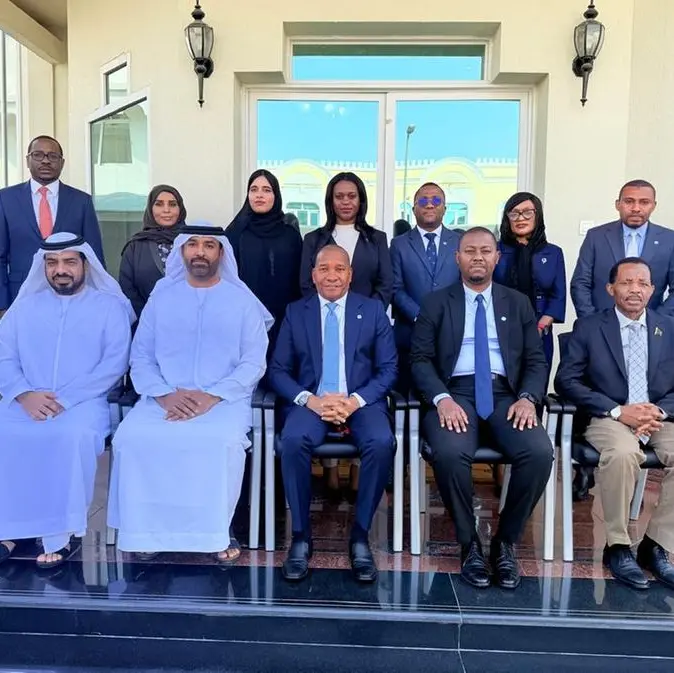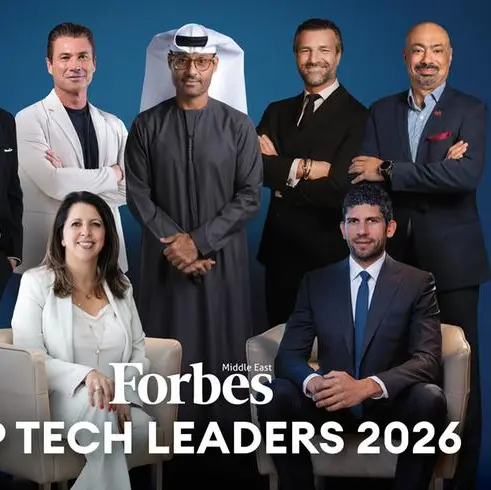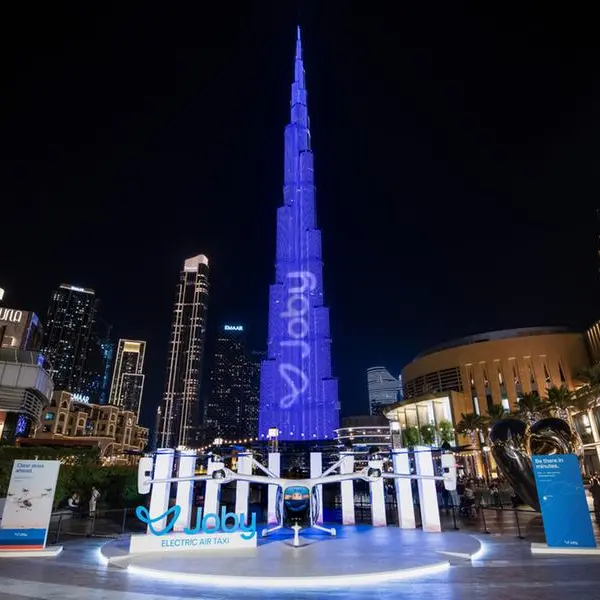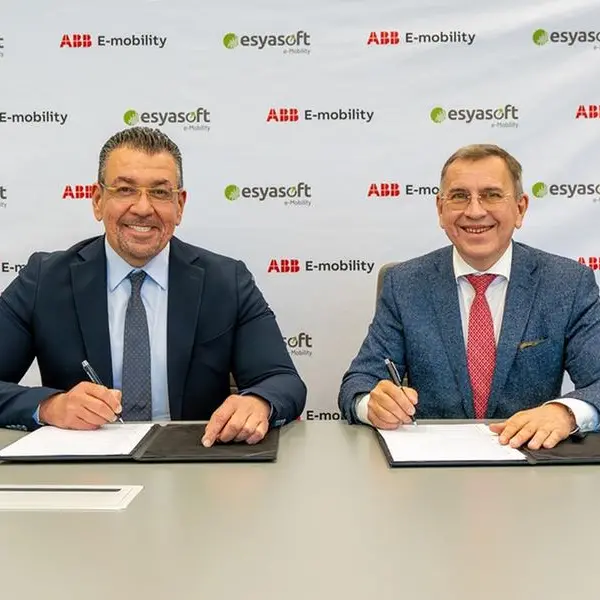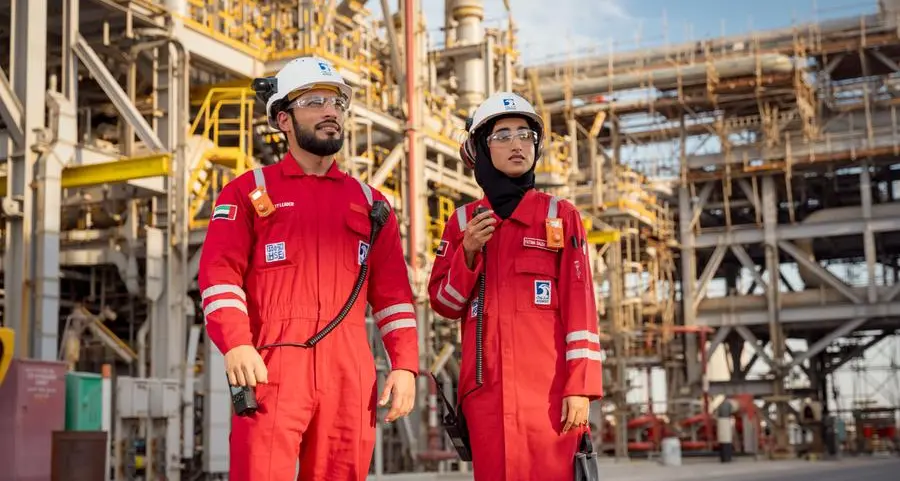
The stage was won by Victor Lafay (Cofidis) ahead of Francesco Gavazzi (Eolo-Kometa) while Attila Valter (FDJ) retained the race lead overall.
On a day where the fight to get into the breakaway was particularly brutal, and saw numerous attempts by our own riders to make it, a group of eight riders eventually made their escape after approximately 55km. Campenaerts, as he'd promised prior to the start, refused to miss out and time-trialed his way to bridging the gap in the main move of the day.
After joining the leaders, the gap to the peloton rapidly stretched and looked likely that he the stage-winner would come from the breakaway. Campenaerts duly played his part and then safely navigated the long descent ahead of the climb to the finish before launching an attack of his own with about 7km to go.
Campenaerts was joined by Giovanni Carboni in the late surge for glory but the efforts of the day took their toll on the final climb and Campenaerts then gamely hung on for an excellent seventh place overall.
Victor Campenaerts
[On bridging the gap] It was terrible, really really terrible. I tried a few times to get in before we had a small climb and then I suffered a lot to get over the climb and then the breakaway went for free in the downhill.
I was not so happy to see that so I thought to let’s try and get there but they didn’t wait for me and the peloton was also chasing at that point with Bora. So that was my time trial of the day, early on in the stage when nobody was watching television!
I knew it would be very, very hard to win the stage with an uphill finish because I am not really a climber but I managed to get into a successful break and I also tried to do some sort of a final to try and escape before we hit the climb, I put a lot of effort into that for only 10 seconds.
Hendrik Redant - Sports Director
It was very strong performance from Victor today and he spent a huge amount of energy just to get into the break, as there were already eight guys in the front. It was really hard to close the gap at that point as there was already a lot of speed there and he really had to go fast.
He was riding to win today. We were planning on making an attack with about 20km to go as we knew the last climb was not going to be easy against Lafay and Gavazzi but we rode to win, he tried and got away a few times but at the end that last climb killed him off.
It was a great effort from Victor, sad we couldn't win it and compliments to the winner and his team. A performance like this for the team is good for the morale of the team.
Distributed by APO Group on behalf of Team Qhubeka ASSOS.Media Contact:
Jean Smyth (Head of Communications)
Email: jean@ryder.co.za
Mobile: +27 63 4701 1710 or +31 625 739 033
About Team Qhubeka ASSOS:
Team Qhubeka ASSOS (TeamQhubeka.com) is a purpose-led, high-performance team, fighting to win on the world's biggest stage, to inspire hope and create opportunity. Founded in 2007, Team Qhubeka ASSOS (formerly NTT Pro Cycling) became the first-ever African cycling team to gain a UCI WorldTour license, in 2016.
We achieved our first major win in 2013 when Gerald Ciolek won Milan-San Remo, one of the five Monuments of cycling. We have competed in six Tour de France’s and notched up 7 stage wins, with Mark Cavendish wearing the coveted Yellow Jersey at the 2016 Tour de France.
We are a multicultural, diverse team with bases in South Africa, the Netherlands and Italy. There are 19 nationalities represented across our World Tour and continental feeder team rosters. Our focus on developing African cycling has resulted in more than 55 riders from the African continent be given the opportunity to race on the world stage, since the team's inception.
We race to help people to move forward with bicycles through our relationship with Qhubeka Charity. Through our work with Qhubeka, we have contributed to the distribution of over 30 000 bicycles in communities in South Africa.
About Qhubeka:
Qhubeka is a charity that moves people forward with bicycles. People earn bicycles through our programmes, improving their access to schools, clinics and jobs.
A bicycle is a tool that helps people to travel faster and further, and to carry more. In the face of extreme and persistent poverty, bicycles can change lives by helping to address socioeconomic challenges at the most basic level – helping people to get where they need to go.
All images attached to the press release can be used with the respective image credit in combination to this release.
